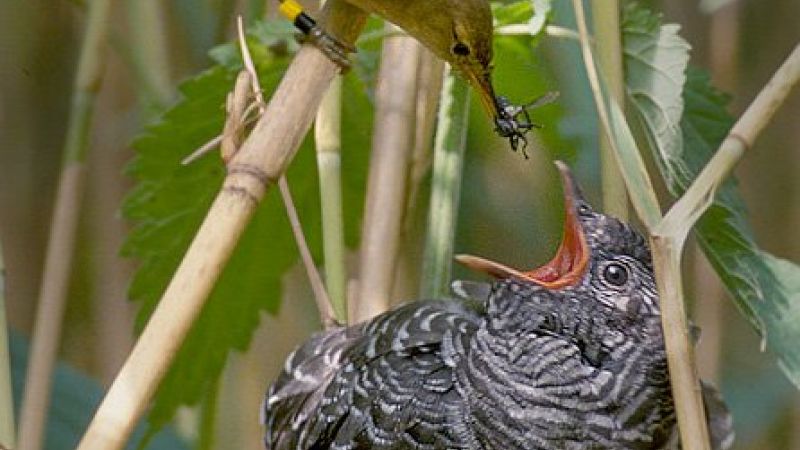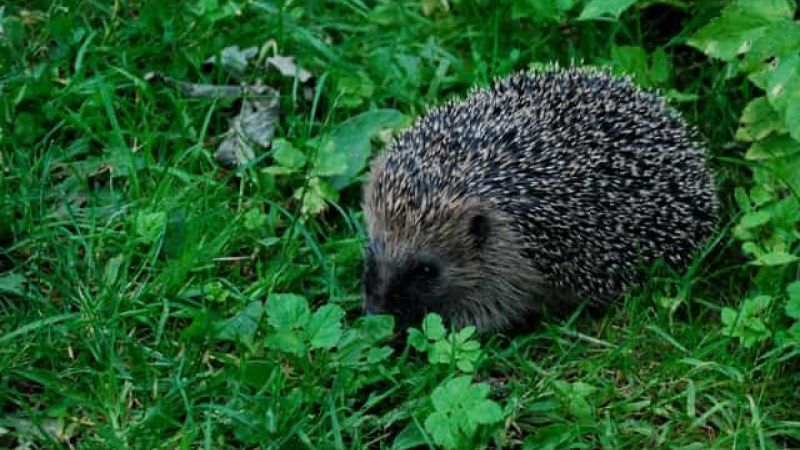A new contraceptive for men is successfully tested on rabbits
A new contraceptive shot called Vasalgel may soon be available to men. It has been tested on rabbits. Material is injected into a duct in the testes and blocks sperm for 12 months. Rabbits given the injection were found to have no sperm within 29 days. Human clinical trials are set to begin later this year.
British harbour seals fitted with smartphone technology
A community of British harbour seals is about to be fitted with smartphone technology in a bid to stop the "sharp decline" of these much-loved sea creatures. The iconic animals were once a common sight in Scottish and English waters, but are dying off in huge numbers. The situation is so grim that up to 90% of the seal populations have disappeared from the north and east coast of Scotland. Now Vodafone has teamed up with the Sea Mammal Research Unit (SMRU) at St Andrew's University to conduct a pioneering seal surveillance scheme.
http://www.mirror.co.uk/tech/british-seals-fitted-smartphones-scientists-7646673
Mini-brains show great potential to replace animals in studying neurological disease
Mouse embryos are most frequently used to study the development of the mammalian brain, and large numbers of pregnant female mice are killed to provide these. The mice are often genetically modified in order to investigate the impact of various genes on development, and the phenotypes resulting from modifications can compromise animal welfare.
In vitro models have the potential to capture the intricacies of the human brain more accurately than animals, but the challenge has been to model the whole brain and its complex functions, rather than single cell types or processes individually. Dr Lancaster’s work focused on creating 3D cerebral organoids from human induced pluripotent stem cells.
Mouse Model for Zika Virus Enables Immediate Screening of Potential Drugs and Vaccines
Researchers at the University of Texas Medical Branch, Galveston (UTMB) announced the first peer-reviewed publication of a mouse model for Zika infection. The study was published in the American Journal of Tropical Medicine and Hygiene (AJTMH).
http://www.alnmag.com/news/2016/03/mouse-model-zika-virus-enables-immediate-screening-potential-drugs-and-vaccines
The role of animals in sports science
The Foundation for Biomedical Research discusses the role animal research has played in sports science. For example, microfracture surgery corrects torn cartilage surrounding the knee by creating a blood clot that releases cartilage-building cells. The technique was developed using horses, and tested in macaques before being tried with humans. Research with rabbits continues to refine the technique.
http://fbresearch.org/what-animal-research-means-for-march-madness/
The Zika Fight - Monkeys and Mice and Mosquitoes, Oh My!
UAR Science Writer Mia Rozenbaum writes about the use of animals in Zika research for the The Huffington Post.
The virus was first discovered in 1947 in a Rhesus monkey and was used to monitor for the presence of yellow fever in Uganda. Serum from the monkey was introduced into mice and when the mice became sick the virus isolated from their brains and called Zika virus. Monkeys are naturally infected by Zika virus and can be used to model an immune response, Rhesus macaques especially so as their immune responses closely resemble those of humans. Moreover, the stages of foetal development in macaques are very well characterised. Studying the effect of the virus on the foetus would be backed by very rich and well described data
http://www.huffingtonpost.co.uk/mia-rozenbaum/zika-fight-_b_9538752.html
Last edited: 4 April 2022 16:33



